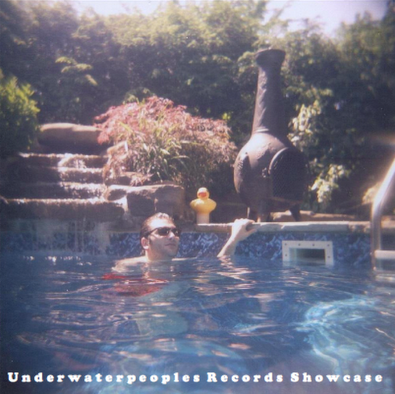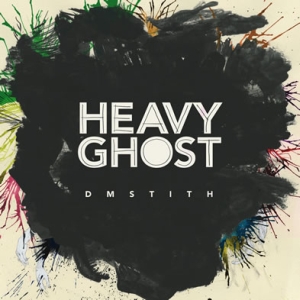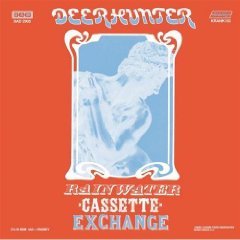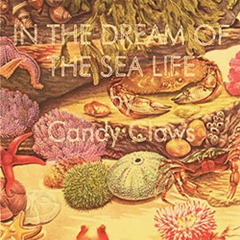
DOGME 95
I swear to submit to the following set of rules drawn up and confirmed by DOGME 95:
Shooting must be done on location. Props and sets must not be brought in (if a particular prop is necessary for the story, a location must be chosen where this prop is to be found).
The sound must never be produced apart from the images or vice versa. (Music must not be used unless it occurs where the scene is being shot).
The camera must be hand-held. Any movement or immobility attainable in the hand is permitted. (The film must not take place where the camera is standing; shooting must take place where the film takes place).
The film must be in colour. Special lighting is not acceptable. (If there is too little light for exposure the scene must be cut or a single lamp be attached to the camera).
Optical work and filters are forbidden.
The film must not contain superficial action. (Murders, weapons, etc. must not occur.)
Temporal and geographical alienation are forbidden. (That is to say that the film takes place here and now.)
Genre movies are not acceptable.
The film format must be Academy 35 mm.
The director must not be credited.
Furthermore I swear as a director to refrain from personal taste! I am no longer an artist. I swear to refrain from creating a "work", as I regard the instant as more important than the whole. My supreme goal is to force the truth out of my characters and settings. I swear to do so by all the means available and at the cost of any good taste and any aesthetic considerations. Thus I make my "VOW OF CHASTITY." Copenaghen, Monday 13 March 1995
On behalf of DOGME 95
Lars von Trier, Thomas Vinterberg
The above rules have been both circumvented and broken from the first Dogme film, but actually as it's said on the official website, every director is free to interpret the decalogue the way he likes, just by declaring it.
Presenting itself as a "rescue action" with the aim of countering "certain tendencies" in cinema, Dogme 95 vowed, quite literally, to overturn the "cosmeticism" of modern cinema, the predictability of plot and the superficiality of action. It decried the "supreme task of decadent filmmakers" as they conspired to "fool the audience", and aimed to harness the "Technological storm" that von Trier and Vinterberg (rightly) believed would herald the "ultimate democratization of the cinema". The ambitious goal of the "Dogme Collective" was to purify filmmaking by refusing superstructures like expensive and spectacular special effects, post-production modifications, set design, soundtrack and other gimmicks or expedients. The emphasis on purity forces the filmmakers to focus on the actual story and on the actors' performances. The audience may also be more engaged as they do not have overproduction to alienate them from the narrative, themes, and mood. The "Vow of Chastity" also called upon directors to "refrain from personal taste" and cease being artists, in order to" force the truth out of characters and settings...at the cost of any good taste and any aesthetic considerations".
The movement eventually broke up in 2005 and even though it didn't gain a huge worldwide audience, except for few cases, it surely left a print in the history of cinema. A reaction against overblown budgets and cinematic excess, Dogme 95 may have failed to spark a revolution, but its aesthetic influence has spread across the world.
Dogme #1 Festen (Thomas Vinterberg, 1998)
Dogme #2 Idioterne (Lars von Trier, 1998)

Dogme #6 Julien Donkey-Boy (Harmony Korine, 1999)












































